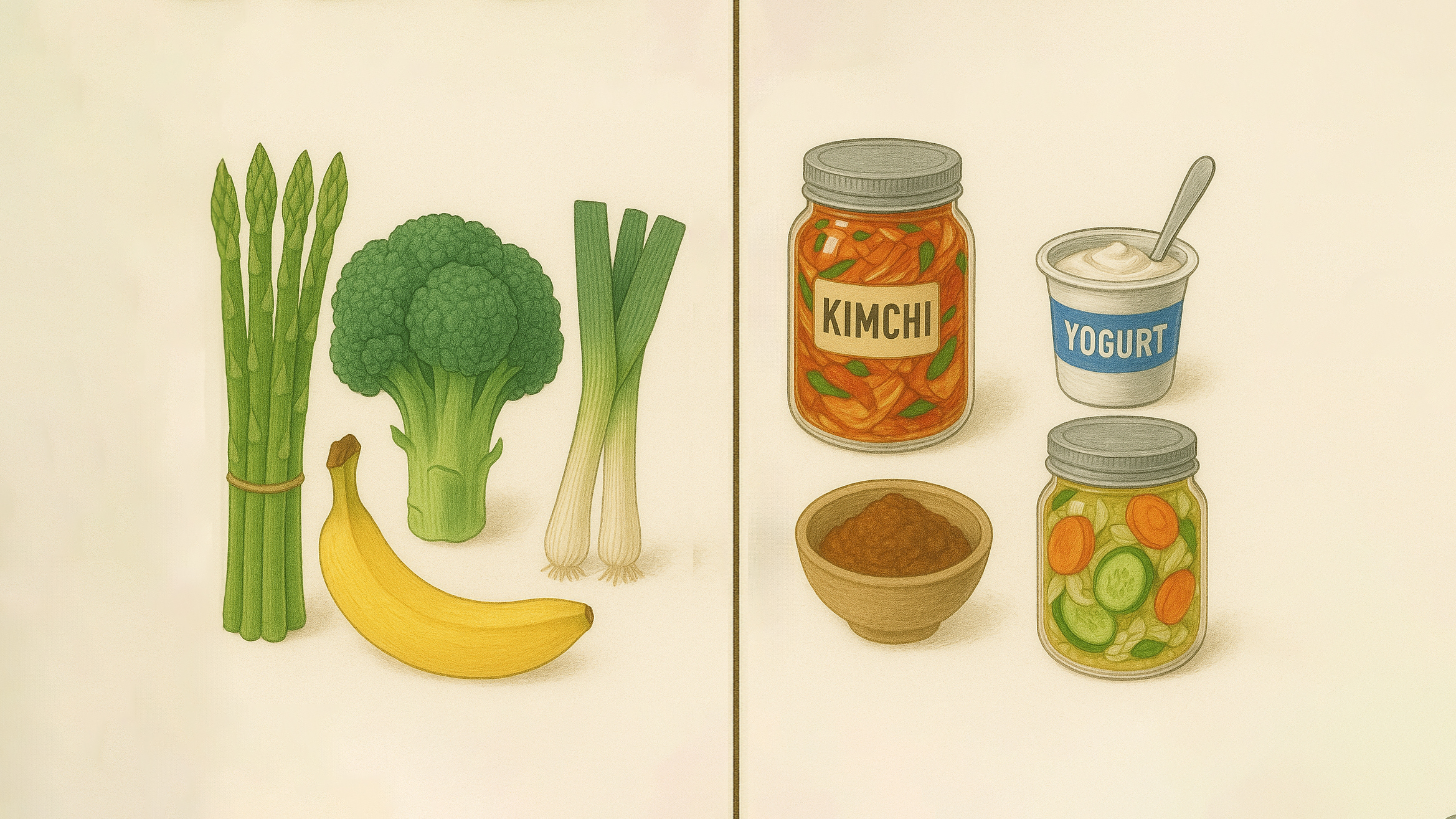Vitamin D has long been linked with our gut and immune system. Now, researchers are finding the bigger picture could have direct consequences for the coronavirus pandemic. Researchers report that Vitamin D could help reduce complications and mortality rates from COVID-19.
Vitamin D has been shown to have a direct antiviral effect1, support gut homeostasis2 and aid our immune system. Now, research has found that having good vitamin D levels can reduce your risk of severe coronavirus complications. That’s according to a new study from scientists at Trinity College Dublin3. Looking at the vitamin D levels of older people living in countries heavily affected by coronavirus, they reported that places with high COVID-19 death rates, such as Italy and Spain, also had rates of vitamin D deficiency.
Reducing COVID-19 Mortality with Vitamin D
Vitamin D has previously been shown to help prevent respiratory infections. For instance, give asthmatic children between 500 to 2,000 international units of vitamin D34 a day, and you’ll reduce their asthma exacerbations by more than half! Scientists has speculated that this decreased incidence of respiratory infections arises by boosting immunity and reducing inflammation.
Examining the link between vitamin D levels and COVID-19 mortality rates, the researchers found that vitamin D can aid the immune system via various pathways involved in fighting SARS-CoV-2, the virus that causes Covid-19.
Vitamin D can aid the immune system via various pathways involved in fighting SARS-CoV-2.
By analysing over 20 years’ worth of European data on vitamin D, and comparing it with the current COVID-19 statistics, they were able to show that the highest and death rates recorders were found in populations with the lowest vitamin D concentrations. This includes Spain and Italy which, despite their lower latitude and greater exposure to the sun, actually both suffer from high rates of vitamin D deficiency.
Notably, countries up North, such as Denmark, Norway and Finland, which have recorded comparatively lower COVID-19 infection and mortality rates, generally have higher vitamin D levels – even if they’re typically less sun-filled.
Countries up North, such as Denmark, Norway and Finland, which have recorded comparatively lower COVID-19 infection and mortality rates, generally have higher vitamin D levels.
The researchers believe this could be due to the “supplementation and fortification of foods,” and that it may be worth other countries investing in “optimizing” their vitamin D levels to prevent serious coronavirus complications. Moreover, the researchers emphasise that the link between low vitamin D levels and death from COVID-19 is “statistically significant.”
“Whereas there are currently no results from randomised controlled trials to conclusively prove that vitamin D beneficially affects COVID-19 outcomes, there is strong circumstantial evidence of associations between vitamin D and the severity of Covid-19 responses, including death,” said Professor Kenny of Trinity College.
Coronavirus: A Case of Immune Misfire?
The scientists strongly advice government officials to immediately update guidelines, and encourage the public to optimise their vitamin D levels. This will help benefit their overall health and support immune function.
Research like this is still exploratory, and further trials are needed to establish concrete evidence on what level of vitamin D is required for optimal immune function. Nevertheless, this Irish study reinforces previous evidence suggesting COVID-19 patients with high vitamin D levels were more likely to survive coronavirus. A study from Northwestern University found that patients with severe deficiency were twice as likely to develop major complications. The scientists also found a strong correlation between low levels of vitamin D and the cytokine storm response, a hyper-inflammatory condition caused by an overactive immune system, seen among some coronavirus patients.
“This is what seems to kill a majority of COVID-19 patients, not the destruction of the lungs by the virus itself. It is the complications from the misdirected fire from the immune system.”
“Cytokine storm can severely damage lungs and lead to acute respiratory distress syndrome and death in patients,” says Ali Daneshkhah, a postdoctoral research associate at Northwestern. “This is what seems to kill a majority of COVID-19 patients, not the destruction of the lungs by the virus itself. It is the complications from the misdirected fire from the immune system.”
The Gut & Vitamin D Connection
We produce vitamin D in the skin from exposure to UVB sunlight. It’s then transported to liver, and kidney, where it’s changed into an active hormone that increases calcium transport from food in the gut, making sure there’s enough calcium to keep our skeleton strong.
No wonder that vitamin D is classically known for calcium absorption and bone health! Still, it also has a number of other beneficial roles, including an important function for our initial (innate) immunity. Namely, it stimulate the production of various molecules at the forefront of our immune response, such as special receptors (pattern recognition receptors,) which detect pathogens such as bacteria and viruses, as well as anti-microbial peptides and cytokines. These play important roles in sensing our microbiota, preventing excessive bacterial overgrowth, and supporting the actions of vitamin D signalling in order to enhance the function of our intestinal barrier.
Researchers have found that adults with insufficient vitamin D levels are twice as likely to acquire Clostridium difficile infections when hospitalised, compared to those with adequate vitamin D levels.
Research has found vitamin D has widespread effects on keeping our gut in balance, as well as playing a beneficial role for patients with Crohn’s disease5. Moreover, it’s even shown effectiveness against depression – our gut-brain axis probably has something to do with that. Become deficient, however, and it can lead to hair loss, bones issues and a compromised immune system.
Moreover, researchers have found that adults with insufficient vitamin D levels are twice as likely to acquire Clostridium difficile infections when hospitalised, compared to those with adequate vitamin D levels6.
How to Increase My Levels?
Maintaining good vitamin D levels is crucial for our vitamin D-dependent immunity and physiology – something that’s even more important for children during growth and development.
Most associated with the sun, vitamin D is naturally produced in our skin when exposed to sunlight. Nevertheless, it can also be absorbed through vitamin-D-rich foods, such as mushrooms (oyster, shiitake, chanterelle,) fortified cereals, tofu and milks, as well as supplements. Still, although mushrooms can surprisingly make vitamin D when exposed to sunlight radiation, most in stores are grown in the dark so won’t produce it.
Notably, increasing your vitamin D status through nutrition, supplementation, or sun exposure modulates your microbiota, by supporting the gut environment and normalizing autoimmune responses7.
Improve your Vitamin D levels through:
- Sun exposure:
- In the northern hemisphere (e.g. Los Angeles): 15-30 minutes of midday sun on the forearms and face without sunscreen should be enough. Those who have darker skin or are older may require the 30 minutes – or more.
- Meanwhile, for people living in smoggy cities or those above 50 degrees latitude, such as London and Berlin, it can be difficult to get enough sun exposure, so supplements are recommended.
- Supplementation: 2,000 IU vitamin D3 daily (preferably with your largest meal of the day.)
Additionally, avoid sun beds. Note only are they often ineffective, but they can be dangerous, emitting UVA, which increases the risk of melanoma skin cancer.





